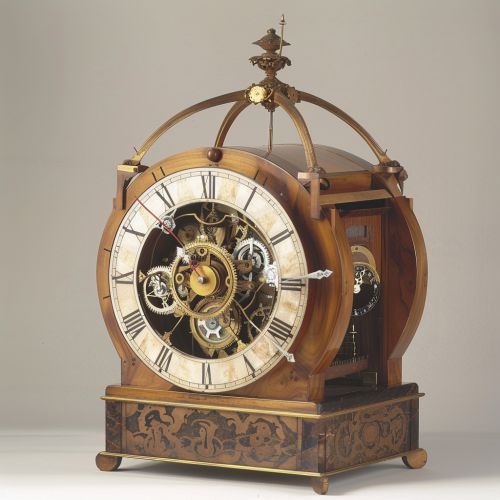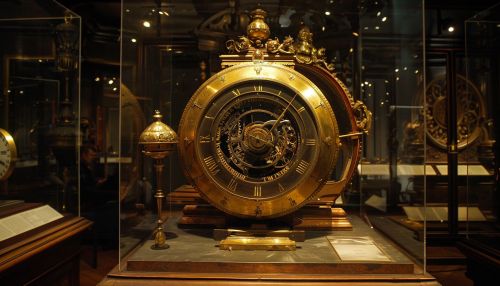Newtonian Time
Introduction
Newtonian time, also known as absolute time, is a concept in the field of physics that was first proposed by Sir Isaac Newton. According to Newton's theory, time is an absolute entity that progresses at a constant rate, irrespective of the observer's state of motion or reference frame. This concept stands in contrast to the relative concept of time introduced by Albert Einstein in his theory of special relativity.


Newton's Concept of Time
In his work "Philosophiæ Naturalis Principia Mathematica", Newton described time as "absolute, true and mathematical", which flows uniformly without regard to anything external. This concept of time is often referred to as Newtonian time. It is an integral part of Newton's laws of motion and universal gravitation, which form the foundation of classical physics.
Newtonian Time and Classical Physics
In classical physics, Newtonian time is considered as an independent dimension in which events occur in sequence. This concept allows for the measurement of durations and the establishment of simultaneity. In Newton's universe, time is a universal constant, ticking away the same for all observers.
Criticisms and Alternatives
The concept of Newtonian time has been subject to criticism and revision, particularly with the advent of Einstein's theory of relativity. According to relativity, time is not absolute but relative and can vary depending on the observer's speed and gravitational field.
Conclusion
Despite its limitations, the concept of Newtonian time has had a profound impact on our understanding of the physical world. It remains a cornerstone of classical physics and continues to be used in many areas of science and engineering.
